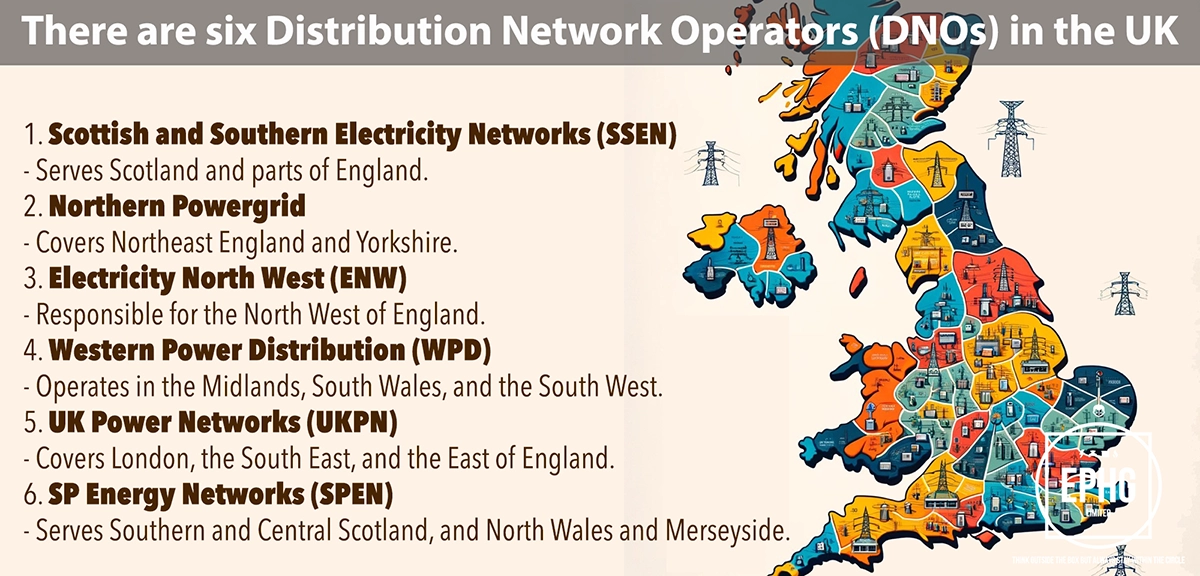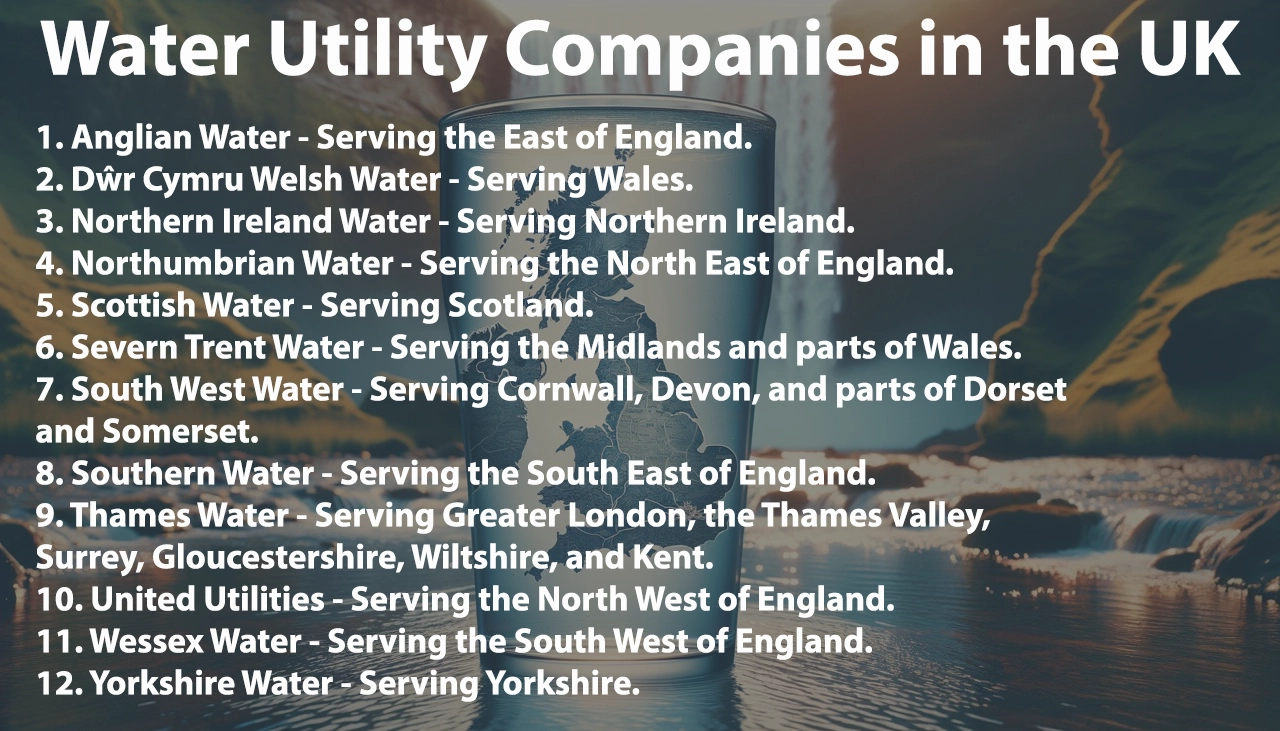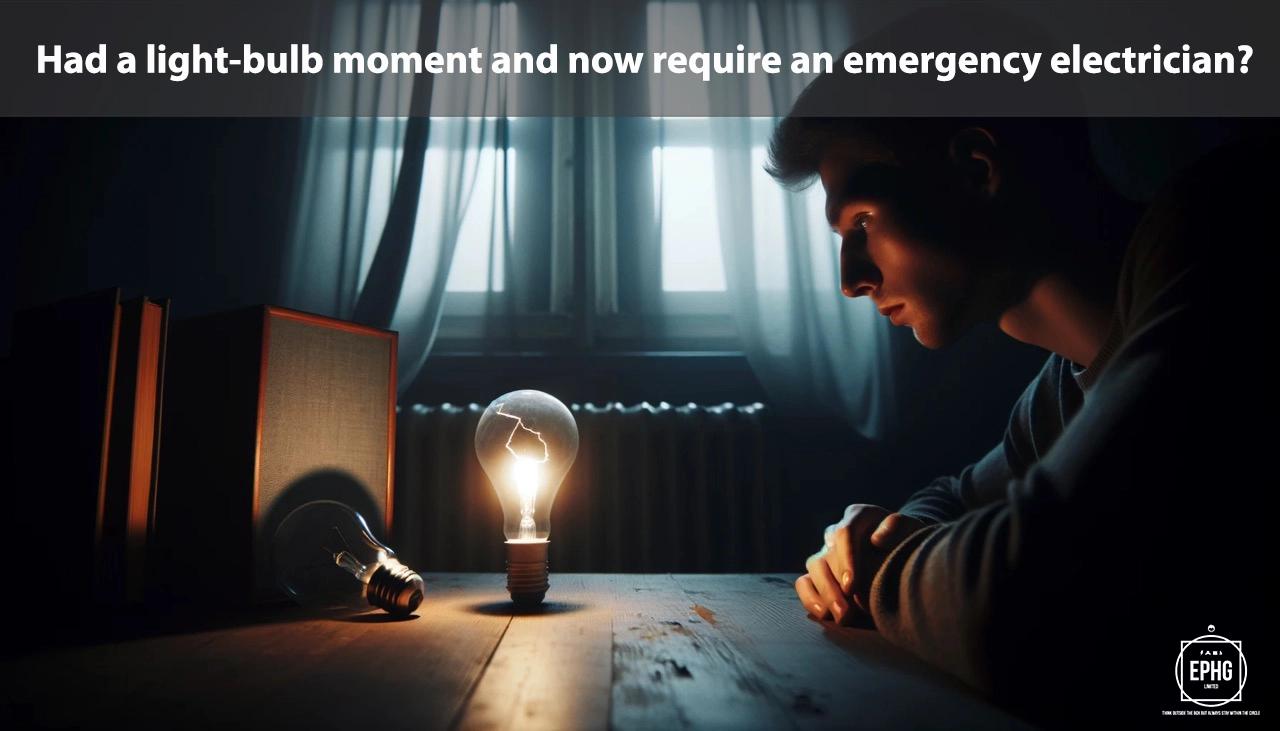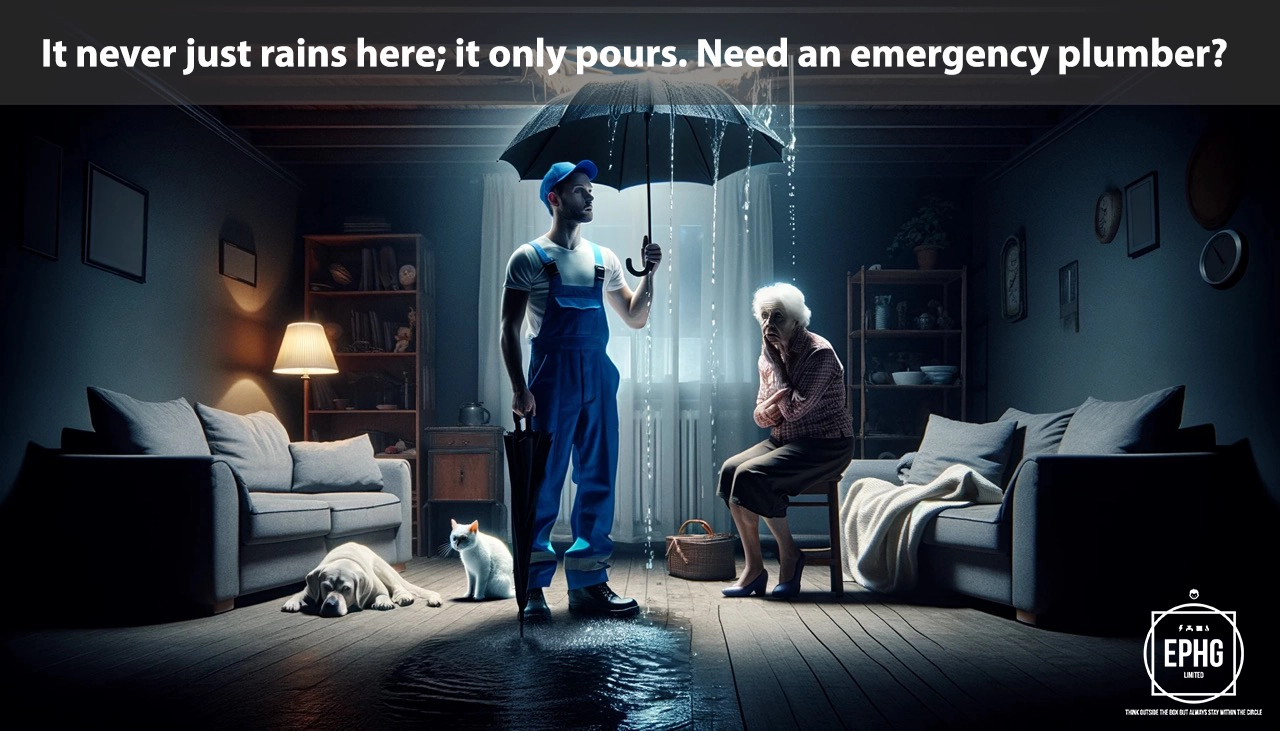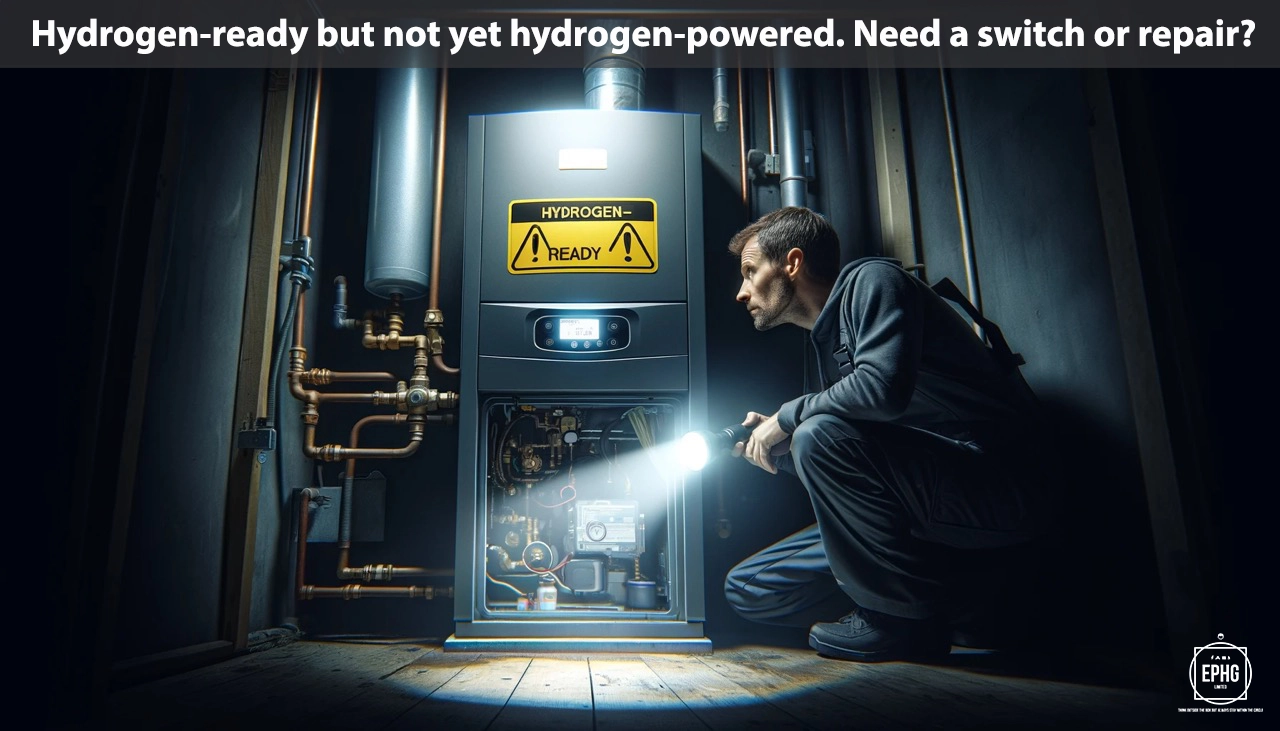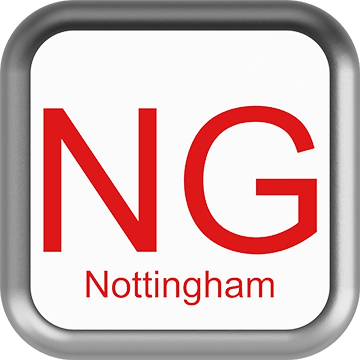
NG Postcodes for Utilities & Services in Nottingham
Introduction: The NG postcode area, encompassing Nottingham and its surrounding regions, presents a unique blend of urban and rural landscapes. In this guide, we delve into the specifics of water and electricity supply, along with other pertinent information for residents.
Water in Nottingham
Where does the water supply come from in Nottingham and is there ever a shortage of water?
In Nottingham, the primary water supply is sourced from the River Trent, supplemented by reservoirs and groundwater sources. This region benefits from moderately soft water, originating from pebble beds that naturally filter the water, providing high-quality drinking water. The Severn Trent Water Authority manages the water supply and treatment, ensuring compliance with health standards. While Nottingham generally enjoys a stable water supply, the city is not immune to the broader challenges of climate change and population growth, which can impact water resources. Authorities and residents are encouraged to engage in water conservation practices to sustain this vital resource.
What is the hardness & quality of the water in Nottingham and can this affect your health?
Nottingham's water is classified as moderately soft, beneficial for reducing lime scale in household appliances and promoting more effective soap and detergent usage. The water quality in the area consistently meets stringent safety standards, with regular monitoring to ensure its safety and cleanliness. While soft water lacks in certain minerals, it is generally better for skin conditions and does not pose significant health risks. Residents are assured of the water’s safety, but like all urban areas, it's wise to stay informed about water quality reports and any public health advisories.
Electricity in Nottingham
Where does the electric supply come from in Nottingham, and what is the future of energy there?
Nottingham's electricity supply is increasingly generated from a diverse array of sources, with a significant emphasis on renewable energy. The city, known for its historical connections to coal mining, is now embracing a future of sustainable energy solutions. Solar panels, biomass energy, and wind turbines are becoming more prevalent, contributing to a greener energy mix. Nottingham is leading the way in sustainable urban living, with projects like the Nottingham District Heating network, which utilizes waste energy from incineration. The commitment to renewable resources and innovative energy solutions forecasts a promising green future for the city.
Is Nottingham transitioning to hydrogen energy for heating?
Nottingham is exploring the potential for hydrogen energy as part of its commitment to reducing carbon emissions. The city is aligning with national strategies for a transition to hydrogen heating, with research and pilot projects underway. The move towards hydrogen, considered for future integration into domestic and commercial heating systems, represents a significant step toward Nottingham’s carbon neutrality goals. Residents are advised to stay updated with local developments and consider sustainable heating solutions as part of the city's transformation.
How is wastewater managed in Nottingham?
Wastewater management is crucial for Nottingham's sustainability goals. The city’s wastewater is treated at modern facilities, such as the Stoke Bardolph Sewage Treatment Works, one of the largest in the UK. These facilities ensure that water returning to the natural environment, particularly the River Trent, meets high purity standards. Nottingham's approach to wastewater treatment emphasizes pollution reduction and water conservation, reflecting its commitment to environmental stewardship and public health.
Regions and Services:
The NG postcode area covers a wide array of settings, from the bustling urban landscape of Nottingham city to the serene countryside of the surrounding Nottinghamshire. Key regions include:
- Nottingham City: The core of metropolitan utility development, showcasing a comprehensive mix of electrical, gas, and renewable energy infrastructures.
- Mansfield, Newark, and Worksop: Towns that blend historic charm with modern utility services, reflecting their diverse industrial and cultural heritages.
- Sherwood, Southwell, and Bingham: Areas known for their scenic landscapes and small-town feel, where local and renewable energy initiatives are becoming more prevalent, enhancing traditional utilities.
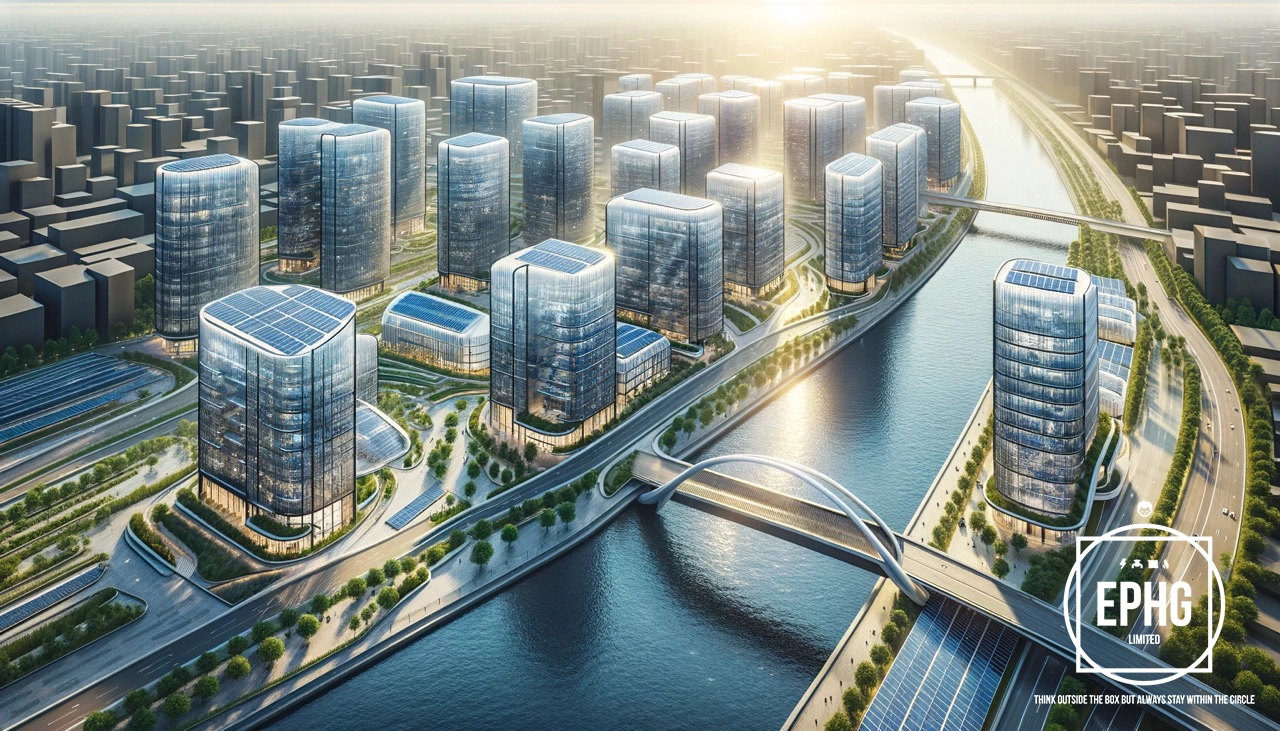
Regions within the NG Postcode
Nottingham City and Surrounding Areas
- NG1: Nottingham city centre - The commercial and cultural hub with shopping centers, restaurants, and entertainment venues.
- NG2: West Bridgford, Sneinton, The Meadows - Mix of residential areas, parks, and local businesses adjacent to the city center.
- NG3: Mapperley, St Ann's, Carlton - Residential suburbs with local amenities and green spaces.
- NG4: Carlton, Gedling, Netherfield - Family-friendly areas with shopping centers and community facilities.
- NG5: Sherwood, Arnold, Bestwood - Known for their vibrant local economies and community events.
- NG6: Bulwell, Old Basford - Areas with industrial history and modern residential developments.
- NG7: New Basford, Forest Fields, Hyson Green, Lenton - Diverse communities close to the University of Nottingham.
- NG8: Aspley, Wollaton, Whitemoor, Bilborough - Residential neighborhoods known for their parks and educational institutions.
Outer Nottinghamshire Areas
- NG9: Beeston, Stapleford, Lenton Abbey - Suburbs with a mix of residential, commercial, and industrial areas.
- NG10: Long Eaton, Sawley, Sandiacre - Part of the Derby-Nottingham metropolitan area, with community facilities and transport links.
- NG11: Clifton, Ruddington, Gotham - Featuring residential estates, historical villages, and access to green spaces.
- NG12: Cotgrave, Radcliffe on Trent, Keyworth - Rural and suburban settings with local amenities and community hubs.
- NG13: Bingham, Whatton, Bottesford, Aslockton - Market towns and villages with a rural charm and community spirit.
Broader Nottinghamshire and Surrounding Regions
- NG14: Calverton, Lowdham, Burton Joyce, Gunthorpe - Combines countryside living with access to Nottingham city amenities.
- NG15: Hucknall, Ravenshead, Newstead - Areas with rich mining heritage transitioning to modern living spaces.
- NG16: Kimberley, Eastwood, Nuthall, Langley Mill - Known for their historical associations and community activities.
- NG17: Kirkby-in-Ashfield, Sutton-in-Ashfield, Stanton Hill - Retail hubs and residential areas with leisure facilities.
- NG18: Mansfield - The largest town within Nottinghamshire, offering extensive shopping and leisure activities.
- NG19: Mansfield Woodhouse, Forest Town - Suburbs of Mansfield with residential communities.
- NG20: Shirebrook, Market Warsop - Areas with local markets and natural beauty, close to Sherwood Forest.
- NG21: Rainworth, Edwinstowe, Clipstone - Villages near historic Sherwood Forest and Mansfield.
- NG22: Newark-on-Trent, New Ollerton, Boughton - Historic town of Newark and surrounding rural communities.
- NG23: Collingham, Long Bennington - Villages known for their community life and rural surroundings.
- NG24: Newark-on-Trent, Balderton - Expanding areas within Newark, combining modern facilities with historical elements.
- NG25: Southwell - A town famous for its Minster, heritage, and cultural events.
- NG31 - NG34: Cover Grantham and surrounding areas in Lincolnshire, extending the reach of the NG postcode into this region, encompassing market towns and rural villages.
